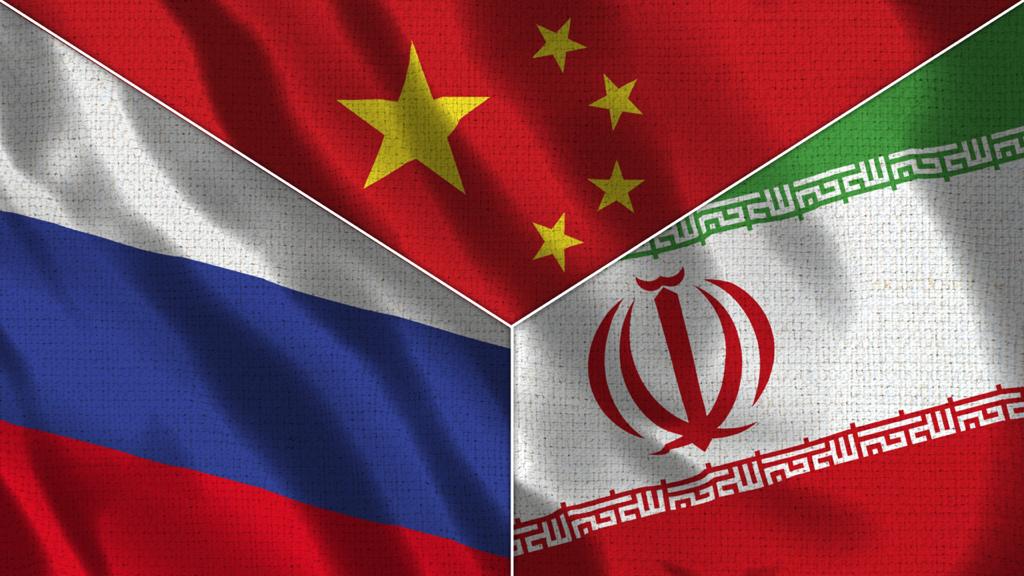Report: A secret network transports Iranian and Russian oil worth $9.6 billion to China

An extensive report by the British newspaper "Financial Times" revealed a secret and complex network that between 2019 and 2024 smuggled vast quantities of Iranian, Russian, and Venezuelan oil to China, with a total value of approximately $9.6 billion, raising serious questions about the ability of Western sanctions to control global oil markets.
According to the report, the operation was led by an Iranian front company known as "Ocean Glory Giant," which successfully secured a fleet of over 30 oil tankers through a complex legal mechanism of "maritime lien" to conceal the true ownership of the vessels. Meanwhile, "shell companies registered under the names of Chinese managers" managed the tankers, while "Swiss brokers played a role in facilitating these deals."
The tankers, according to the report, employed "dark fleet" tactics which included disabling tracking devices, changing maritime identities, and conducting transfers from ship to ship at sea to obscure the source of the oil. The report cited the tanker Ceres I that loaded about two million barrels of Iranian crude from Kharg Island in November 2019 before crossing the Malacca Strait heading to China. The report also mentioned that the tanker Skadi carried out repeated shipments of Russian Urals crude and Iranian oil between 2022 and 2024.
Data indicated that the total amount transported was about 130 million barrels, nearly half of which came from Iran, 25% from Russia, and less than 20% from Venezuela. About 93% of these quantities ended up in China, making it the largest beneficiary of these operations.
China was not just a passive buyer; the report clarifies that "Beijing was not merely a buyer of cheap oil but a strategic player seeking to reshape the global energy trade map."
Economically, these shipments allowed China to obtain oil supplies at prices lower than the market, supporting its industrial growth. They also revealed the "construction of alternative financial and trade networks to the existing dollar-based Western system."
Politically, these networks deepened Moscow and Tehran's dependence on the Chinese market, making China the "economic lifeline for sanctioned producers," granting it unprecedented negotiating leverage. In turn, the continued flow of oil "undermines the credibility of the U.S. punitive system and reflects the limits of Western power in controlling global energy pathways."
In response to these operations, the United States imposed sanctions in December 2024 on "Ocean Glory" and several ships associated with it. However, experts consider this step a "delayed reaction to a network operating on a large scale" and question whether Washington will resort to secondary sanctions targeting Chinese companies and ports directly, which could open the door to a broader economic confrontation.
The report concludes that the issue is not merely about "oil smuggling operations, but about the formation of an undeclared alliance between Beijing, Tehran, and Moscow, based on the principle of 'solidarity against sanctions.'" This alliance "redefines the balance of power in the energy market" and poses a strategic challenge to the West, as its traditional tools "have begun to lose their effectiveness." If this trend continues, we may "witness the emergence of a parallel energy market outside the Western system in the coming years."